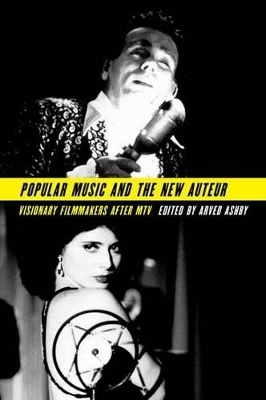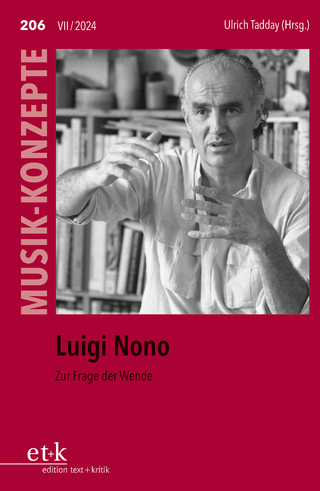
Popular Music and the New Auteur
Oxford University Press Inc (Verlag)
978-0-19-982735-0 (ISBN)
Movies have never been the same since MTV. While the classic symphonic film score promised direct insight into a character's mind, the expanded role of popular music has made more ambiguous the question of when, if ever, we are allowed to see or share a character's emotions. As a result, the potential for irony and ambiguity has multiplied exponentially, and characterization and narrative capacities have fragmented. At the most basic level, this new aesthetic has required filmgoers to renegotiate some of their most basic instinctual connections with the human voice and with any sense of a filmmaking self.
Music videos widened the creative vocabulary of filmmaking: they increased speeds of event in cinema and deflecting filmmakers from narrative, characterization, and storytelling toward a concentration on situation, feeling, mood, and time. Popular Music and the New Auteur charts the impact of music videos on seven visionary directors: Martin Scorsese, Sofia Coppola, David Lynch, Wong Kar-Wai, the Coen brothers, Quentin Tarantino, and Wes Anderson. Ashby and his contributors define these filmmakers' relation to the soundtrack as their key authorial gesture. These filmmakers demonstrate a fresh kind of cinematic musicality by writing against music rather than against script, and allowing pop songs a determining role in narrative and imagery. Featuring important new theoretical work by some of the most stimulating and provocative writers in the area today, Popular Music and the New Auteur will be required reading for all who study film music and sound. It will also be particularly relevant for readers in popular music studies, and its intervention in the ongoing debate on auteurism will make it necessary reading in film studies.
Arved Ashby is Professor of Music at The Ohio State University, where he teaches courses on 19th-, 20th-, and 21st-century music in contexts of cultural history, critical theory, post-Marxist aesthetics, and media and communications. He is editor of Listening to Modernism: Intention, Meaning, and the Compositional Avant-garde (Rochester, 2004) and author of Absolute Music, Mechanical Reproduction (California, 2010)
Table of Contents ; Introduction / Arved Ashby ; Music and Cinematic Time ; 1. "Without Music I Would Be Lost": Scorsese, Goodfellas, and a New Soundtrack Practice / Julie Hubbert ; 2. Lost in Translation: Popular Music and The Melodramatic Mode of Sofia Coppola / Tim Anderson ; Music and the Image ; 3. A Musical Tour of the Bizarre: Popular Music as Fantasy in David Lynch / Gene Willet ; 4. Songs of Delusion: Popular Music and the Aesthetics of the Self in Wong Kar-wai's Cinema / Giorgio Biancorosso ; Music as Instrument of Irony and Authenticity ; 5. O Brother Where Chart Thou?: Pop Music and the Coen Brothers / Jeff Smith ; 6. You've Heard This One Before: Quentin Tarantino's Scoring Practices from Kill Bill to Inglourious Basterds / Ken Garner ; 7. Wes Anderson, Ironist and Auteur / Arved Ashby ; Bibliography ; Index
| Erscheint lt. Verlag | 26.12.2013 |
|---|---|
| Zusatzinfo | 32 b&w film stills |
| Verlagsort | New York |
| Sprache | englisch |
| Maße | 231 x 155 mm |
| Gewicht | 408 g |
| Themenwelt | Kunst / Musik / Theater ► Film / TV |
| Kunst / Musik / Theater ► Musik ► Musiktheorie / Musiklehre | |
| ISBN-10 | 0-19-982735-4 / 0199827354 |
| ISBN-13 | 978-0-19-982735-0 / 9780199827350 |
| Zustand | Neuware |
| Informationen gemäß Produktsicherheitsverordnung (GPSR) | |
| Haben Sie eine Frage zum Produkt? |
aus dem Bereich


